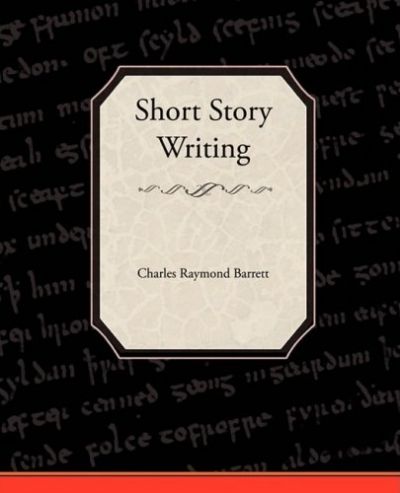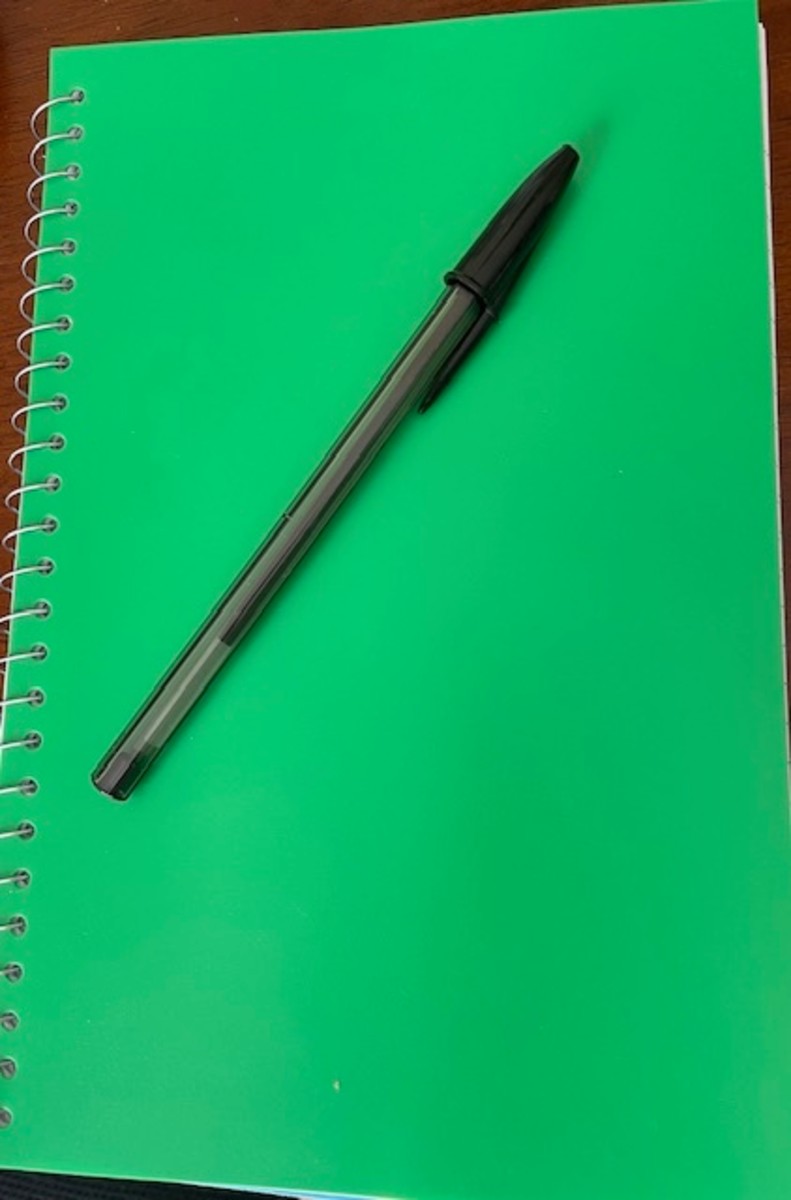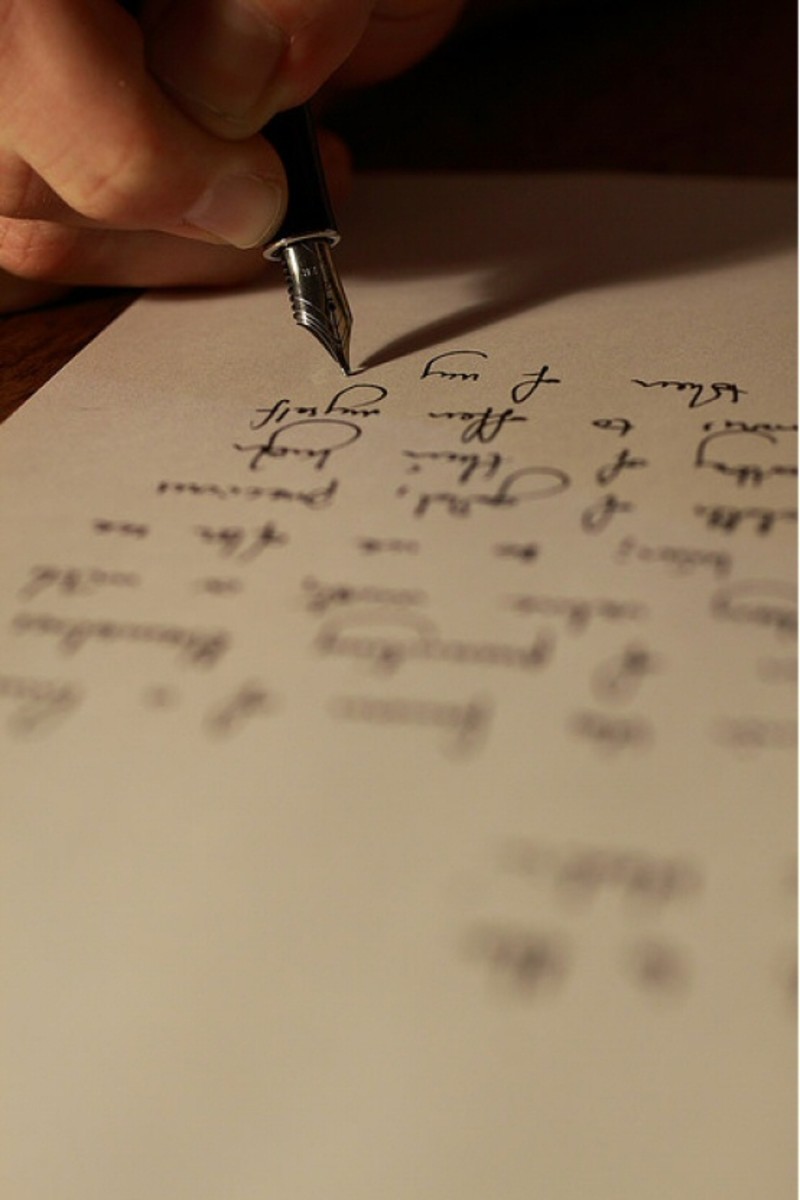Mistakes to Avoid When Writing Short Stories

How Can I Write a Good Short Story?
Short stories are one of the most wonderful types of creative writing to read. There is no guesswork involved as with some of the poems you might come across. There is no substantial investment of time as is the case when reading a full length manuscript. There is a chance you could be reading something which is entirely true or it may be a piece of fiction. What you do know is that you will get drawn into a short story as you would a novel; however, the outcome would become known much earlier.
Have you tried writing short stories only to fail miserably? Are you a writer interested in writing short stories who would like a few tips before trying your hand at this type of creative writing? If so, you've come to the right place!
To avoid many of the mistakes writers often make when writing short stories, there are some important factors to consider, especially if you have hopes of achieving high grades in the classroom or going on to publish your short story.
Come along! Let me show you what seems to work for me.
Photo Credit: Learning and Teaching
Mistakes to Avoid When Writing Short Stories

Avoid misconceptions!
Short Stories and You
Most people who visit this lens will be a writer of some type. Given the title associated with this lens, chances are that a few of those visitors will be writers interested in writing short stories. However, they may also be writers who need great tips to keep in mind when writing short stories so they will avoid the common mistakes so many short story writers make.
Have you ever written a short story?
Reality of Writing Short Stories
Many writers believe it's easier to write short stories than to write novels - until they begin the task of writing a short story. Within a short period of time their eyes open to the reality that writing short stories takes more time, thought, planning, organization and dedication than they had, initially, realized.
When writing short stories, writers don't have the luxury of an additional word count - as when they are writing novels - so taking on the task of producing a high quality short story can be an enormous endeavor.
Steps to writing a great short story are:
Show Action and Emotion
Engage Readers' Imagination
Readers become more engaged in any story when action and the emotions experienced by characters keep them turning pages. However, as writers, it's important to show readers what's happening as opposed to telling them.
Don't tell readers that the alley John is about to go into is dangerous. Instead, use dialogue and have Stephanie shout, "John, you can't go in that alley! A guy got killed in there last week!" Readers learn why John shouldn't go in the alley, but they also learn there is some type of close relationship existing between John and Stephanie.
In another situation, the writer can show Jane is happy to learn she won the lottery by having her jumping up and down, laughing for joy, while hugging everyone in sight. It carries much more weight than merely telling the reader that Jane was happy when she won the lottery. Readers will be more interested in turning pages to see how the story develops.
Use Dialogue
Give Your Characters a Voice
Too many writers feel that having a lot of dialogue in their short stories is a negative thing; they couldn't be further from the truth!
Dialogue moves situations in a short story along and reveals so much to the readers about the major characters involved within the stories. Through dialogue and actions, readers will be shown how (using the above example) John decided to turn away from the alley, that he grabbed Stephanie's hand and they ran from the area...or did they remain and take their chances? Who knows?
All that is important is that the reader is being shown, and hearing, what is happening as opposed to someone merely acting as narrator.
Be Real!
Are Characters Believable?
Do characters sound real or are they figments of a creative writer's imagination?
Granted, there's a larger acceptance of fantastic events - in terms of the extraordinary capabilities super heroes are given. However, in every day writing, your characters must be people grounded in humanity so readers can more easily identify with them.
If characters have thoughts and feelings, are able to differentiate between good and bad, and have a wide range of emotions, they will be more real to readers than characters who sit in a chair, continually remaining idle, or characters who can jump from 30 storey buildings without dying.
Point of view
Who's Talking?
This is Really Important...
The first person and third person points of view are most popular. Of course, with the first person point of view a story is limited by what a narrator sees and hears. It can be the most challenging point of view to write from.
With the third person point of view, the narrator can be limited in what he/she has seen and heard, first hand, and what has been gleaned through speculation and word on the street.
However, a third person point of view also offers the narrator the opportunity to know everything that is going on with all the characters - to be omniscient. This point of view can be the most intriguing as a writer doesn't feel confused trying to weave - what seems to be - a few isolated events together to bring about the outcome of a short story.
Whatever point of view the writer chooses the narrator to have, it must be consistent throughout the story to avoid confusing readers. For example, using the third person limited point of view, it would be inconsistent to write such a statement as, "When the girls left the ballroom, they were laughing with glee. However, one girl was wondering how her Dad was feeling because he wasn't feeling well when she left home." There is no way the narrator could have known that information unless writing from the omniscient point of view.
Relevance
Make Words Count
Within the confines of the story, every word and deed should have meaning and relevance to the story, especially with the limited word count writers are confined to - approximately 500 - 2,500 words. If the story started out with a little boy knocking on a woman's door, there should be a reason. Don't finish the story without further mention of the boy or readers will wonder what his purpose was for being brought into the story in the first place.
In addition, unless there's a specific reason for mentioning that the large two-storey house was painted black and white, with grey trimmings along the windows, there's no point in furnishing readers with all of this information. The large two-storey house would suffice, unless the house itself wasn't even necessary in advancing the story along.
Furthermore, if a woman jumped up and down, happily, ten times, unless there's a reason for stating these points, they don't advance the story. A simple statement showing readers that the woman jumped up and down with excitement would suffice - as long as there was a valid reason for the woman being mentioned. Otherwise, a short story writer should forget about her altogether.
Rules
concerning
verbs
Don't Abuse Verbs!
Please! It Hurts the Ears!
Don't use the same verbs over and over and over. There are only so many times readers want to see a form of the verb to be or to say. He is a good boy because he is always helping around the house," could easily be written as, "He helps me around the house so much. What a good boy!" It also saves on word count.
Furthermore, "Julie's going to the party," Donna said.
"Yeah, earlier in the day, Mom said she's also going to sleep over at Eva's for the night."
"Well, I bet she'll have fun," Donna said with a smile.
While these sentences are not too bad by themselves, after a period of time, the use of the word, "said," can really annoy readers. They'd much prefer to read:
"Julie's going to the party," Donna said.
"Yeah, earlier in the day, Mom told me she's also going to sleep over at Eva's for the night."
"Well, I bet she'll have fun," Donna replied with a smile.
What's the Time Frame?
Unfolding Events
How long does it take for a short story to unfold?
If a short story takes place over an hour or two, a day or even a week, it's acceptable. However, there is little point in having a short story taking place over a period of months and years because there is not enough space to establish the story.

Avoid colloquial phrases
OK. What is a Colloquial Phrase?
Phrases which are here today and gone tomorrow are phrases best left out of literary works. Over a period of decades, published works with such phrases will confuse readers, and they may not be able to decipher the meanings of such phrases. As a result, readers will not take as much away from the story as intended.
For example, "I'm feeling over the hill today," - while fine in conversation - would be better written as, "Gosh! I feel so ancient today." Any reader would glean that the speaker feels old.
This is an example of a humorous colloquial phrase: "Let's peel like a banana and split." Will readers 20 or 200 years into the future know what this phrase means?
Whenever a writer puts pen to paper or fingers to a keyboard, every sentence and phrase should make sense to anyone who is reading. No one should have to guess at the implied meaning.
Conflict Must Be Present
There Has to be A Challenge
There must be some type of conflict within the confines of the story - preferably introduced at the beginning - which is resolved when the short story is finished.
Without conflict to show what characters are made of, there is no story. It's only a number of events happening which serve no real purpose. Always remember that readers want to take something from a short story with them after the last word has been read.
Create an Effective Title
You Want to Gain Attention
Will the title engage readers to make them want to read the story, or will the title bore them, sending them to look at another person's short story?
The eye is the mirror to the soul and the title of a short story serves the same purpose; it should allow readers a glimpse of what's contained inside. Furthermore, the title should also relate to the content of the short story. It serves no point to write about dinosaurs if the title is going to give the impression that the main characters are dogs.
Revision is the lifeblood.
Revise Repeatedly
Revise Again
While writers may be able to quickly write a short story, it doesn't mean the story is good enough as it is, even if it's entertaining and engages a reader.
Writers must continue to revise what they've written. When they feel they have a short story worthy to be presented to a teacher/professor/publisher, they should still set it aside for a few days before reviewing it again.
Often, writers will notice areas which can be improved - things they missed the first several times they went through their short story. There's often a comma placed instead of a semi-colon or an apostrophe where it shouldn't be. There is generally a word or phrase which doesn't advance the short story, which can be removed easily enough.
The Right Track
"When a writer is
sick and tired of reading
the same short story,
it's a sure sign that
he/she is on
the right track."
~ Norma Budden ~
Listen!
What do you hear?
The Sound of the Short Story
It Has to Sound Natural.
When sentences are too long, writers will notice it better when they can hear the sound of their own voices. If they need to stumble over words or read a sentence two or three times for it to make sense, they will know their readers will suffer from the same issues. Thus, improvement is in order.
When writing short stories, it's advisable to intersperse long and short sentences. In other words, if one sentence contains ten words, the next should contain an average of five. The overall effect is that all of the sentences won't be short and choppy or, conversely, long-winded. Stick with this pattern and there will be a remarkable difference when the short story is read aloud.
When writers can read a short story which sounds good to their ears, there's a chance the story may be ready to be submitted, as long as it meets other criteria as stated above.
This lens was blessed by a Squid Angel!
Would you like to visit other lenses of mine which have received Squid Angel blessings?
If so, please click on the angel above.
Image credit: Fun Munch
Do you write short stories? Have you struggled when writing them or do you have further points to add to the list above?
On a personal note, I enjoy writing short stories but I also enjoy writing flash fiction - which is an even shorter type of short story.
I would invite you to share your comments about this lens. I would love to hear from you.





